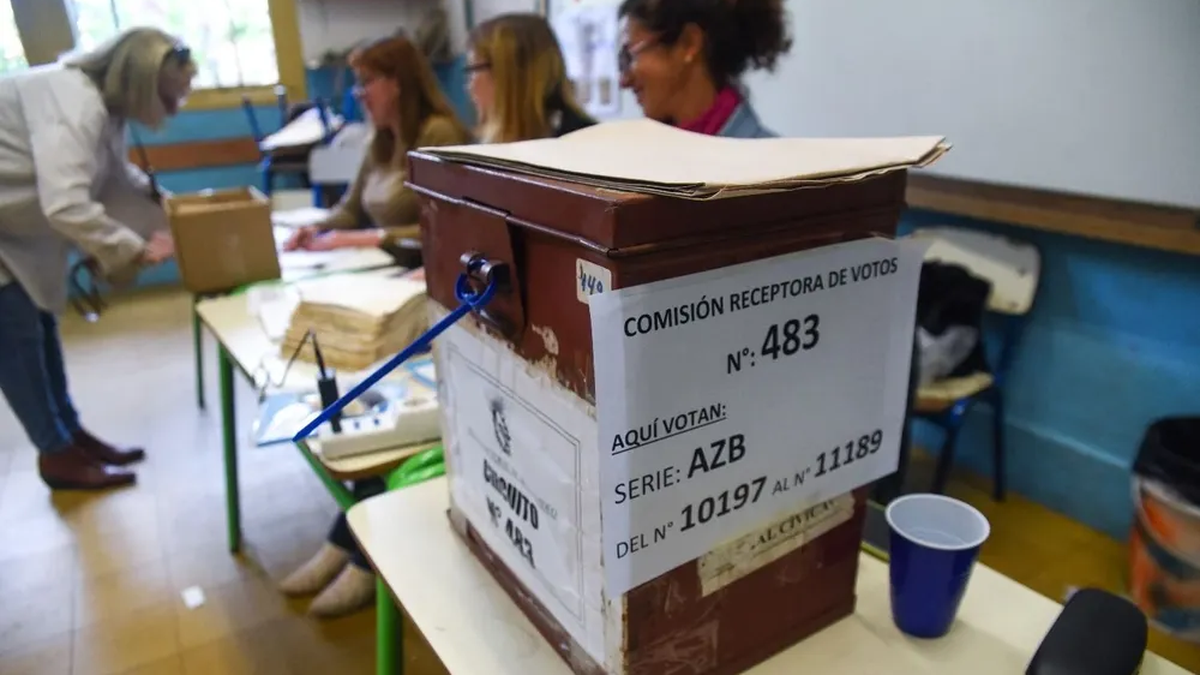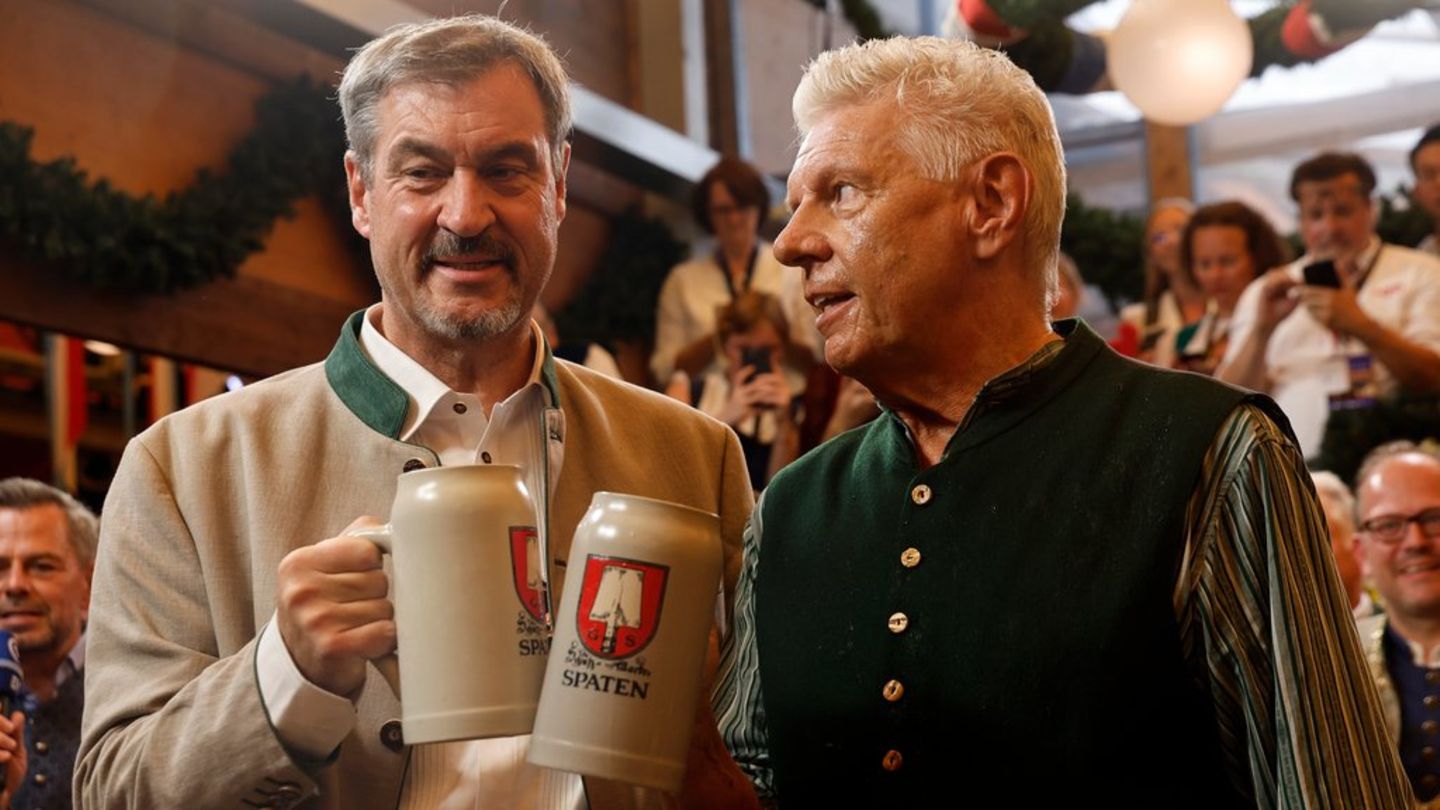As in all elections in Uruguay, the Vote Receiving Commissions (CRV) will play a fundamental role in the Internal Elections 2024. Composed of a president, a secretary and a member appointed by the Electoral Court, They are responsible for ensuring that each vote enters the ballot box properly so that, at the end of the day, it is counted in the final result. But what function does each CRV authority have?
Beyond each specific role, CRVs are made up of officials and public notaries who have valid civic registration in the department in which they must act. They are designated by the corresponding Electoral Board. And only by exception, if these are not sufficient, will citizens who do not have those qualities be able to exercise those functions.
The rest of the people can check in the electoral registry which CRV corresponds to them to cast their vote. You can do it on the official website of the Electoral Court or in the search engine of the Electoral Court. census.
The functions of the authorities of a CRV
In general terms, the three members of a Vote Receiving Commission have the function of controlling and guaranteeing that the administrative part of the election takes place as it should.
To do this, they check that all voters are duly authorized to cast their vote, among other responsibilities that are delegated to each authority.
President
The president of a CRV is in charge of direct the work of said commission. In addition, it must fulfill the following functions:
- receive the civic credential of the elector, announcing out loud his series, number and name;
- check if the voter appears in the file of the circuit and verify if the document corresponds to the identity of the person (comparing the photo);
- exercise the election police to maintain the order of voting and the security of freedom of expression;
- sign the voting envelopes, the identification and observation sheets, the minutes and records prepared by the CRV, as well as any voting sheet that is canceled during the count;
- receive the voting sheets to be delivered by the delegates of the political parties or sectors, and to accompany them so that they deposit them in the secret room;
- inspect the secret room to check if the voting sheets are in good condition, and replace them if necessary;
- sign with the secretary the receipt that certifies the delivery of the ballot boxes and other documents that must be delivered;
- issue and sign, together with the secretary and the member, the copies of the Scrutiny Record intended for the Electoral Board and the delegates.
Secretary
The person who occupies the secretariat of a CRV is in charge of carrying out the ordinal list of votersand fill out the minutes of installation, closing and scrutiny, as well as the register of delegates, in the most neat form possible, and sign them with the president and the member.
Additionally, you must:
- compulsorily sign the envelopes to use in the voting, the identification and observation sheets, and the minutes prepared by the CRV as well as any voting sheet that is canceled during the scrutiny;
- sign jointly with the president of the CRV the receipt that accredits the delivery of the ballot boxes and other corresponding certificates;
- issue and sign together with the president and the member the copies of the Scrutiny Record intended for the Electoral Board and the delegates.
Vocal
The main function of the member is to verify if the voter appears in the list of qualified of the circuit, that is, in the register. And, in that case, indicate it with an accent and establish the number that corresponds to the voter in the ordinal list.
Added to this are other functions, such as:
- fill in form identification and observation sheets and correctly take the digital impression of the voter when the vote is observed by identity;
- carry the “Special Form of Observed Votes” as they are received, and sign it at the end together with the other members of the CRV;
- sign the installation minutes, the delegate registry, the ordinal list of voters and the closing and scrutiny minutes;
- issue and sign together with the president and the secretary the copies of the Scrutiny Minutes intended to the Electoral Board and the delegates.
Other roles on election day
In addition to the three members of the CRV, there are other important roles in an electoral circuit, so that the vote is carried out normally and with democratic guarantees.
Facilitator
Among public officials, the Electoral Board also appoints facilitators, that is, people who are there to help during the election day. This figure is assigned to premises where more than one CRV operates, and they must remain there until the president and secretary of the commission deliver the ballot box.
The role of the facilitator is to guide the people who go to the polling station so that they can cast their vote in the CRV that corresponds to them, and support the work of said commission.
Delegates
Delegates are people designated by political parties and groups to carry out the political comptroller of the votes. For example, verify that the secret rooms have the voting sheets corresponding to their candidates.
Each group can designate general delegates, with powers of representation before all CRVs; and a circuit delegate; with authority in the corresponding commission.
Source: Ambito




